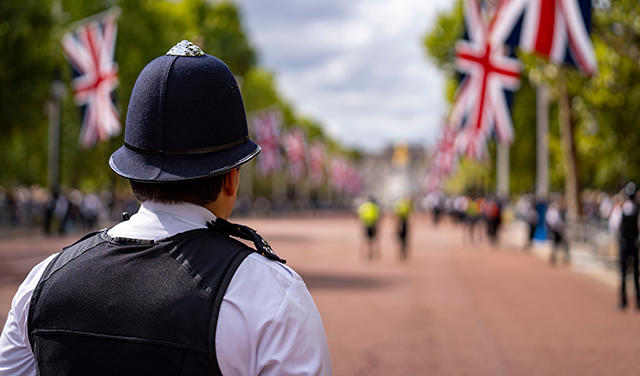News
-

Operation Soteria is a 'game-changer for policing'
Impact of programme already seeing results
-

Call to action as VAWG epidemic deepens
3,000 offences recorded each day, 1 in 12 women victims each year
-

NPCC response to the Dame Vera Baird Inquiry
Findings published into inquiry regarding treatment of women in custody in Greater Manchester Police.
-

Police to target domestic abusers during Euros
National strategy sets out proactive police response to support victims and target perpetrators
-
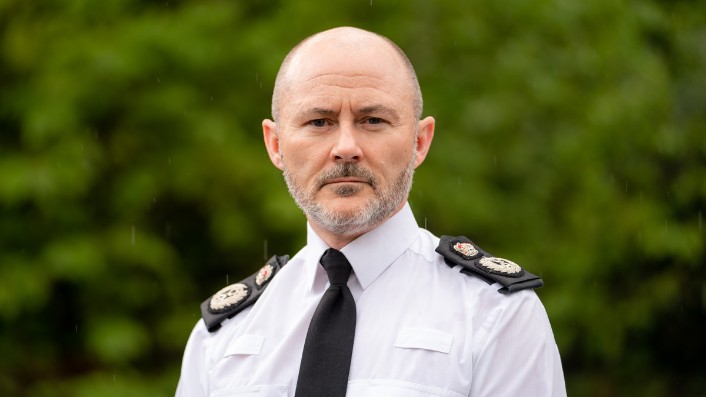
Angiolini Inquiry is an urgent call to action
Policing to take forward all recommendations in Part 1 Report.
-
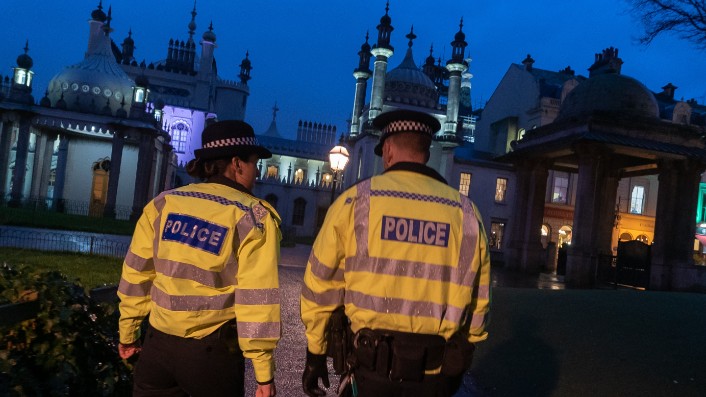
Police target night-time economy to tackle spiking
Forces ramp up activity in the night-time economy as part of the first national week of action to tackle spiking.
-
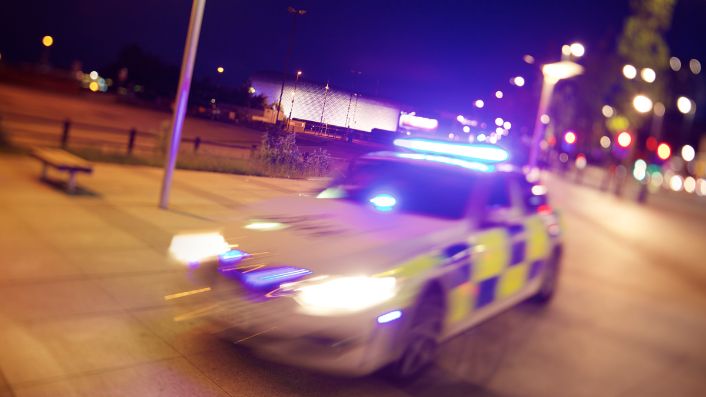
Counter-terror approach to tackling VAWG adopted
A revised national framework outlines how police forces will work to tackle violence against women and girls.
-
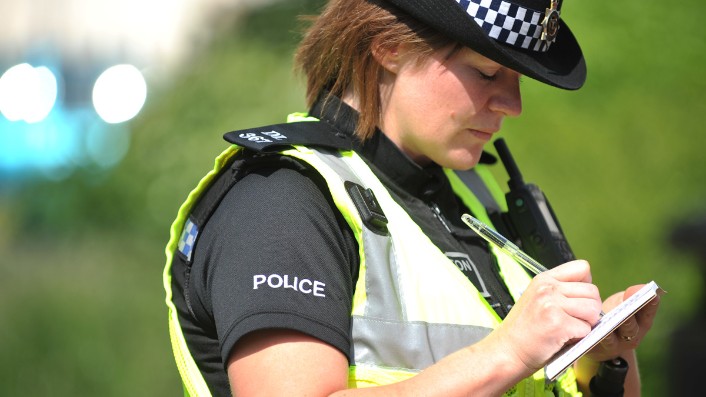
Scale of homicide and suicides by domestic abuse victims revealed
New report shows scale of domestic homicides and for the first time recorded an increase in suspected suicides by domestic abuse victims.
-
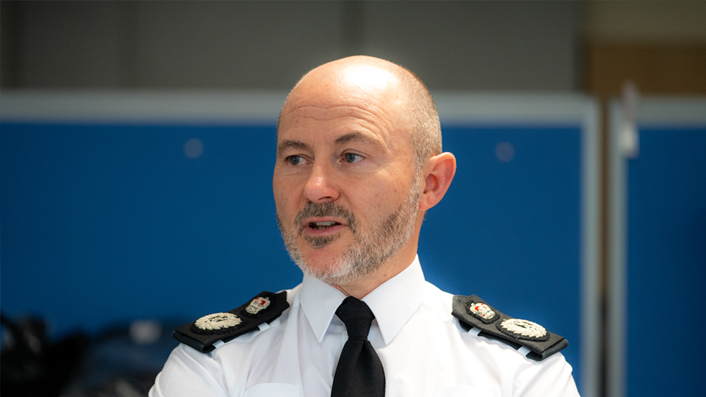
NPCC response to the Angiolini Inquiry Part 1 Report
Chief Constable Gavin Stephens responds to part 1 of the report published today
-

NPCC welcomes new advisor to Rape Review
Chief Constable Sarah Crew welcomes appointment of Professor Katrin Hohl as Independent Advisor to the Rape Review.
-

Transforming investigation and prosecution of domestic abuse
Joint commitment from NPCC, CPS and College of Policing
-

Pilots find high levels of drug use in domestic abuse offenders
Drug testing highlights cocaine as exacerbating factor in domestic abuse incidents

